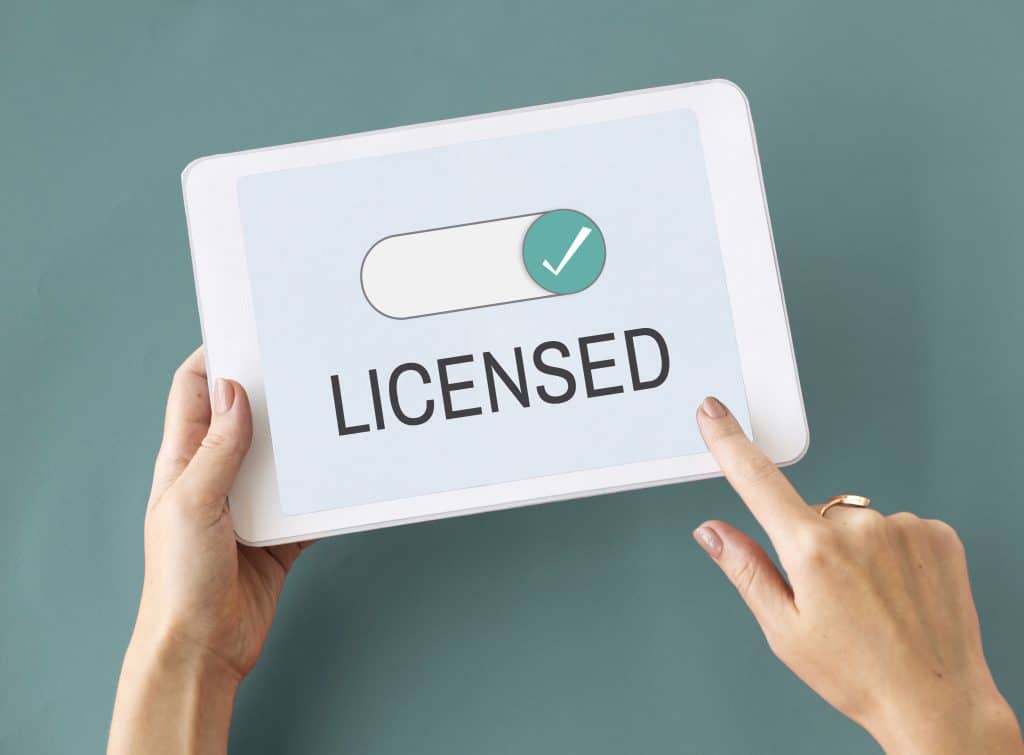
Running a roofing company in Plano, Texas, or any other location, comes with a set of responsibilities and standards that ensure quality, safety, and professionalism in the roofing industry. To establish trust with your clients and comply with local regulations, it’s essential to hold the right licenses and certifications. In this guide, we’ll explore the crucial licenses and certifications your roofing company in Plano, TX, should possess.
1. Roofing Contractor License
In Plano, Texas, like in many other states, roofing contractors must obtain a license to operate legally. The Texas Department of Licensing and Regulation (TDLR) oversees the licensing process. To acquire a roofing contractor license, you typically need to meet the following criteria:
- Experience: You must demonstrate a certain level of practical experience in roofing, which may include a specified number of years working as a roofer or under a licensed roofing contractor.
- Insurance: Roofing contractors are required to have liability insurance and workers’ compensation insurance to protect their clients and workers in case of accidents or damages.
- Pass the Exam: You’ll need to pass the TDLR roofing exam, which assesses your knowledge of roofing practices, safety regulations, and state-specific requirements.
- Financial Responsibility: Prove your financial responsibility, which may involve providing information about your business’s financial stability.
2. Roofing Manufacturer Certifications
Many roofing material manufacturers offer certifications to roofing contractors who meet their specific installation and quality standards. These certifications not only enhance your skills and knowledge but also demonstrate your commitment to using quality materials and ensuring proper installations. Some renowned roofing manufacturers like GAF, Owens Corning, and CertainTeed offer certification programs for roofing professionals. These certifications can be valuable assets when attracting clients who prefer specific roofing brands.
3. OSHA Certification
Safety is paramount in the roofing industry, and the Occupational Safety and Health Administration (OSHA) sets the standards for workplace safety. Earning OSHA certification shows your commitment to ensuring a safe work environment for your roofing crews. OSHA offers various training programs and certifications, including the OSHA 30-Hour Construction Industry Outreach Training, which covers safety topics relevant to roofing work. OSHA certification not only enhances safety but can also positively impact your insurance rates and reputation.
4. Better Business Bureau (BBB) Accreditation
While not a government license or certification, BBB accreditation signifies your roofing company’s commitment to ethical business practices and customer satisfaction. BBB accreditation involves meeting specific standards related to honesty, transparency, and resolving customer complaints. Displaying the BBB logo on your website and marketing materials can build trust with potential clients in Plano, TX, and beyond.
5. National Roofing Contractors Association (NRCA) Membership
Becoming a member of industry associations like the NRCA can provide your roofing company with valuable resources, networking opportunities, and access to the latest industry trends and best practices. While NRCA membership isn’t a certification, it signifies your dedication to staying informed and engaged in the roofing community. The NRCA offers educational resources and training that can help your team improve their skills.
6. Roofing Specializations and Training
Depending on your roofing company’s focus and the services you offer, you may want to consider specialized certifications or training. For example:
- Commercial Roofing Certification: If your company specializes in commercial roofing, certifications from organizations like the Roofing Alliance for Progress can enhance your credibility in this sector.
- Metal Roofing Certification: If you frequently work with metal roofing materials, consider certifications from organizations such as the Metal Roofing Alliance.
- Flat Roofing Certification: Specialized training in flat roofing systems can be essential for companies that handle commercial or industrial roofing projects.
7. State and Local Permits
In addition to obtaining a roofing contractor license, you may need various permits at the state and local levels to perform roofing work in Plano, TX. These permits can include building permits, zoning permits, and any other approvals required by the local authorities. Ensuring that your roofing company has the necessary permits is crucial to avoid legal complications and potential project delays.
8. Insurance Certificates
While not a certification for your company, it’s essential to maintain updated insurance certificates to protect your clients, employees, and business. Providing clients with proof of insurance, including liability and workers’ compensation coverage, offers peace of mind and demonstrates your commitment to safety and professionalism.
9. Continuing Education
Staying up-to-date with the latest roofing technologies, materials, and techniques is crucial for the success of your roofing company. Consider enrolling yourself and your team in ongoing education and training programs. Many trade schools and organizations offer courses and workshops on roofing-related topics, including new roofing materials, energy-efficient solutions, and safety protocols.
To operate a successful and reputable roofing company in Plano, TX, or any other location, it’s imperative to possess the appropriate licenses and certifications. These credentials not only ensure your compliance with local regulations but also demonstrate your commitment to quality workmanship, safety, and customer satisfaction. By investing in the right licenses and certifications, you can build trust with your clients and position your roofing company as a leader in the industry.

